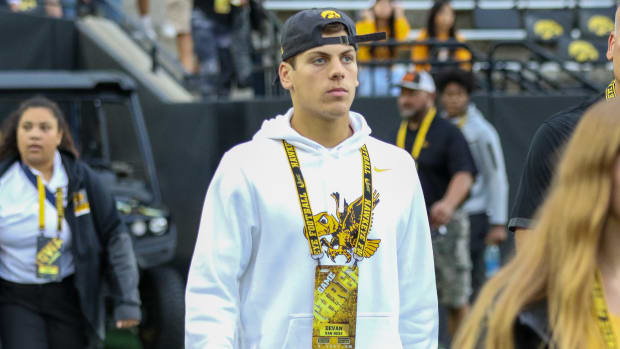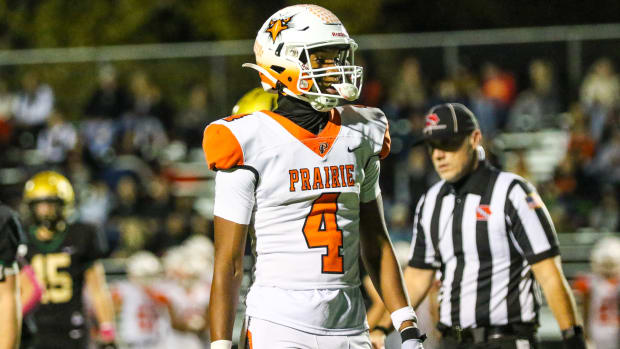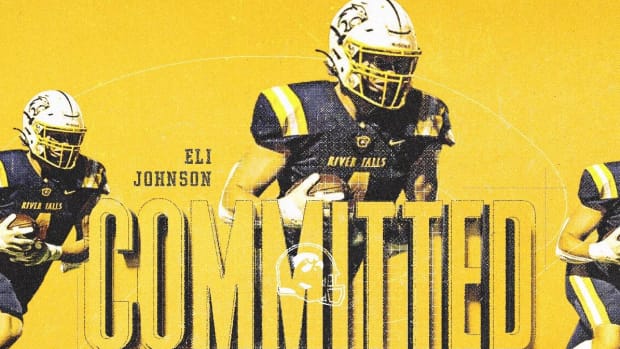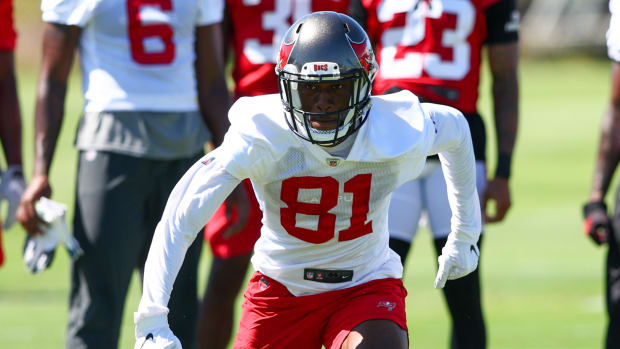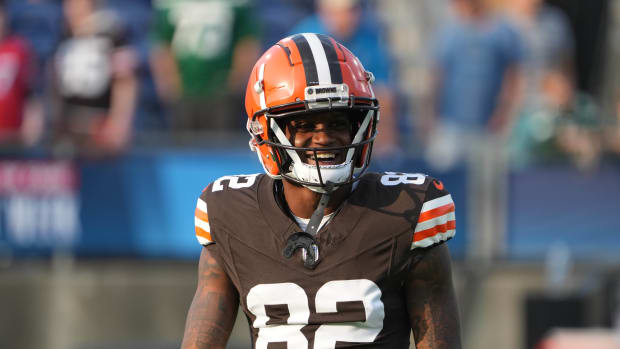Doyle: The More Training Time, The Better
Iowa football coach Kirk Ferentz has said it would take a training period of 6-to-8 weeks to get ready for a new season.
The more weeks of conditioning the Hawkeyes could get, Chris Doyle said, the better.
Doyle, Iowa's strength and conditioning coach, said on Wednesday's video conference that he would prefer an eight-week period — four weeks of conditioning, four weeks of football practice — to get ready for a new season.
Iowa's football facility, like the rest of the campus, is closed because of the COVID-19 coronavirus pandemic. Players are scattered around the nation — some Hawkeyes are still in the Iowa City area — and each of them have different levels of access to training.
Doyle has kept in communication with them — players have been given workouts as well as dietary and sleep plans to follow — but he knows that for their safety on the field when they return, the more conditioning work they can get could make a difference.
"The steeper the curve, as far as getting back to training, the more risk involved," Doyle said.
The Hawkeyes did not get any spring practice in — their last day of winter workouts was March 13, and the original plan had them beginning spring practice on March 23, the first Monday after the end of spring break.
"We completed an eight-week, really good program," Doyle said.
The university extended spring break for one week to help prepare for the online classes that were going to begin, and then the campus was closed.
Doyle said the safety concerns when the players return also include making sure the locker rooms, weight room, and workout areas remain clean to help prevent the spread of viruses.
"We’re going to need to address some things, from a hygiene perspective," he said. "There will be some unique challenges there, when you bring a number of guys into a locker room, a weight room. We don’t know what that trigger date (for return) will be, and we don’t know exactly what parameters we’ll have when we enter that next phase. We may be in a small-group setting, we’ve heard that. But certainly disinfecting, having janitorial staff available immediately upon completion of workouts. We’re going to need a really thorough plan, which we’re currently working on.
"We’re working on return-to-play protocols. We’re working on return-to-training protocols, along with the sports medicine staff and our coaches. So this is something we take very, very seriously, the safety and wellness of our athletes will be at the forefront of our minds as we plan and we’ll certainly follow the directions of the experts in the medical community as to how we go about it."
Doyle says the structure of Iowa's program will be an advantage.
"Everybody in college football is experiencing the exact same challenges," he said. "And we have to do it better than everybody else. Stress and adversity tends to break the weak and strengthen the strong. So it’s our job to create an advantage for Iowa football. As we come out of (the pandemic), it’s our job to have developed routines, habits, and the necessary resolve that galvanizes us. And when we hit the ground running, whenever that is — June, July, whenever that is, there’s some uncertainty there — it’s our goal to galvanize our football program, pull us together, because we’re communicating, connecting at a high level, taking care of our own individual routines in our homes where we’re at. That’s our goal, and that’s what we’re working for."
